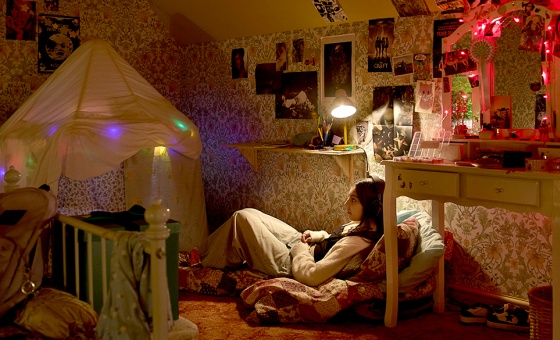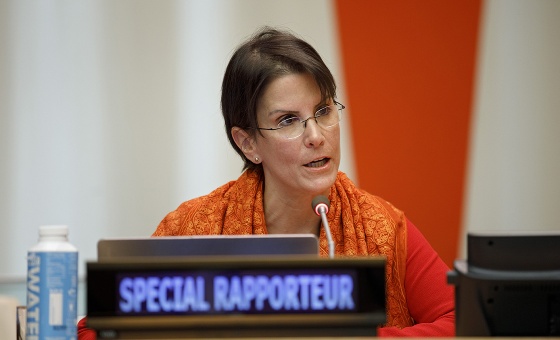This is the last article you can read this month
You can read more article this month
You can read more articles this month
Sorry your limit is up for this month
Reset on:
Please help support the Morning Star by subscribing here
MARK DRAKEFORD has been first minister since December 2018 and has always said he would not seek to face a second term and will step down from politics before the 2026 Senedd election.
I ask the self-styled 21st century socialist how long his successor would need as first minister before facing the electorate for voters to get to know them and to put their stamp on policy.
He gives a typically full answer but without actually naming the date, as he clearly wants that to be on his terms and not prompted by the media.
“I don’t think any of the people who are most likely to have an interest in the job are unknown to the public. There will be people who’ve done significant jobs that have already brought them into contact with people over a number of years,” Drakeford explains.
I also ask him if he was tempted to go back on his decision to stand down so that he can complete his manifesto as his term of office has been interrupted by the twin issues of the Covid-19 pandemic and the cost-of-living crisis.
He becomes very animated as he emphasises: “I’m definitely not going into a second term,” and tells me that he had been at the heart of government in Wales for “nearly a quarter of a century since the start of devolution.
“It really is time for people who see themselves as part of the next 25 years to be taking the lead and shaping ideas for that next part of the devolution journey. So, no, I have no intention of standing again for election.”
We discuss his longstanding plans for Welsh Parliament reform, which stand a good chance of obtaining the two-thirds majority in the Senedd it needs to increase the number of its members to 96 to match the Scottish Parliament.
The turnout at the last Senedd election was 46.6 per cent and I ask Drakeford how the proposed party list system to be used in 2026 would better engage voters and increase turnout.
“There are systems all around the world that have very healthy participation rates. The system will be simpler than the current one where you vote twice. You’ll have a single vote and that vote will translate into parties here. Every vote will make a difference to the number of people who are returned for each party.”
The First Minister also hopes that a new electoral system in itself would create interest with the electorate with voter preferences leading directly to the results that they would like and therefore persuade more people to come and vote in those elections.
Drakeford addresses the issue that has dogged devolution since 1997 where people have been confused about whether Westminster or Cardiff Bay is responsible for the economy in Wales and health and education.
“You know, if it was easy we'd have succeeded more in the last 20 years that these explanations have been offered. For many people government is just government and people do not differentiate whether it’s the community council, the county council, or the Welsh government, it’s all just government.
“They should come out and help elect the body that will go on being responsible for the education of their children, the health service, the houses that they need to live in, the way they travel from one place to another.”
I mention the Unison Cymru/Wales fringe meeting on social care at the last Welsh Labour conference. It discussed a report on the social care system and demanded taking the services in-house to be run by councils to stop the money haemorrhaging out from council budgets in profits to foreign-based companies.
I ask Drakeford how close we are to a public social care system.
In a candid answer he says: “In adult social care, we’re not very close. Now it’s a private sector monopoly and we have to rebalance that market and it is happening, but it’s a slow process.
“In the care of children we are committed to eliminating private profits for looked after children. That’s very ambitious and very hard to achieve. The companies who make a great deal of money don't give up easily. So you can be sure that our policy has some significant and well-resourced opponents.”
He warns that the fight will be even harder in adult social care but seems up for the fight.
“What we have to do is repatriate into local authority control those services which are closest to hand. We have to persuade not-for-profit providers to do more and we have to rebalance the position away from an overreliance on private profit makers.”
Drakeford also explained that the UK government had said that it would have a social care levy which would have given an income stream to Wales.
“So some of the things that would’ve had consequences for us that we could have used are no longer part of the picture. So, we’re not gonna be in the position that we thought we were in even two-and-a-half years ago.”
I mention to him recent decisions by the Welsh executive council that have disadvantaged leftwingers like Beth Winter and Dawn Guinness standing as candidates.
I say the First Minister had quoted Karl Marx in front of Starmer at the Welsh Labour conference and that would mean a young Mark Drakeford trying to be selected as a candidate now would be barred.
“I want the Labour Party to be a broad church. I’ve always believed that our members should have the right choice of candidates available to them and then the members should decide who they want to represent them,” he says.









